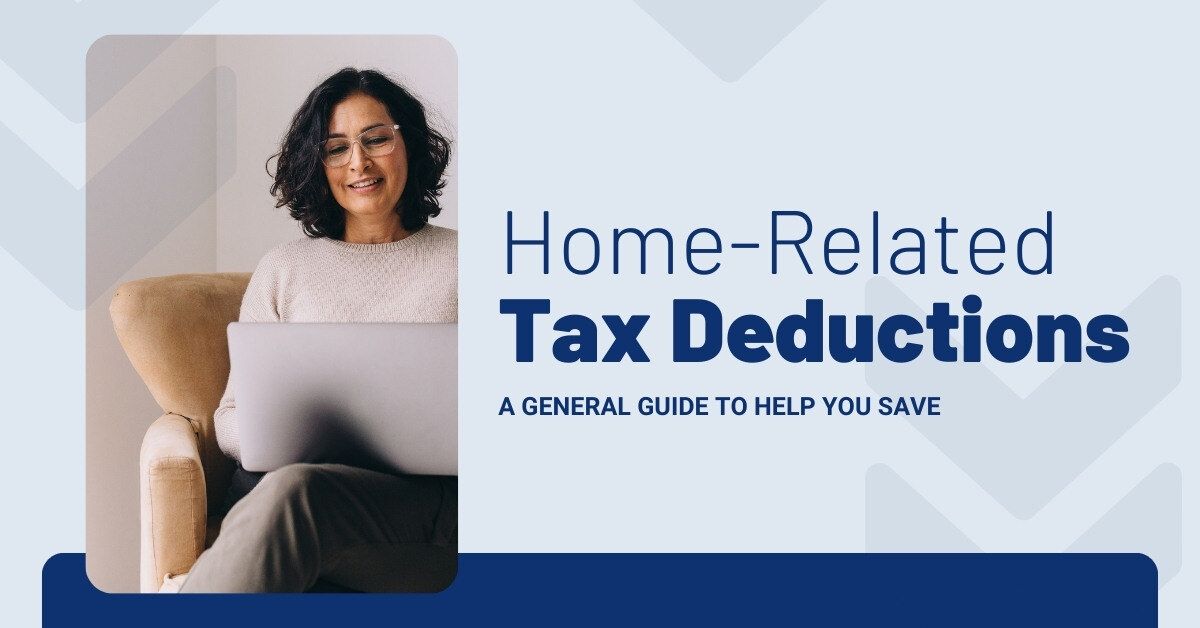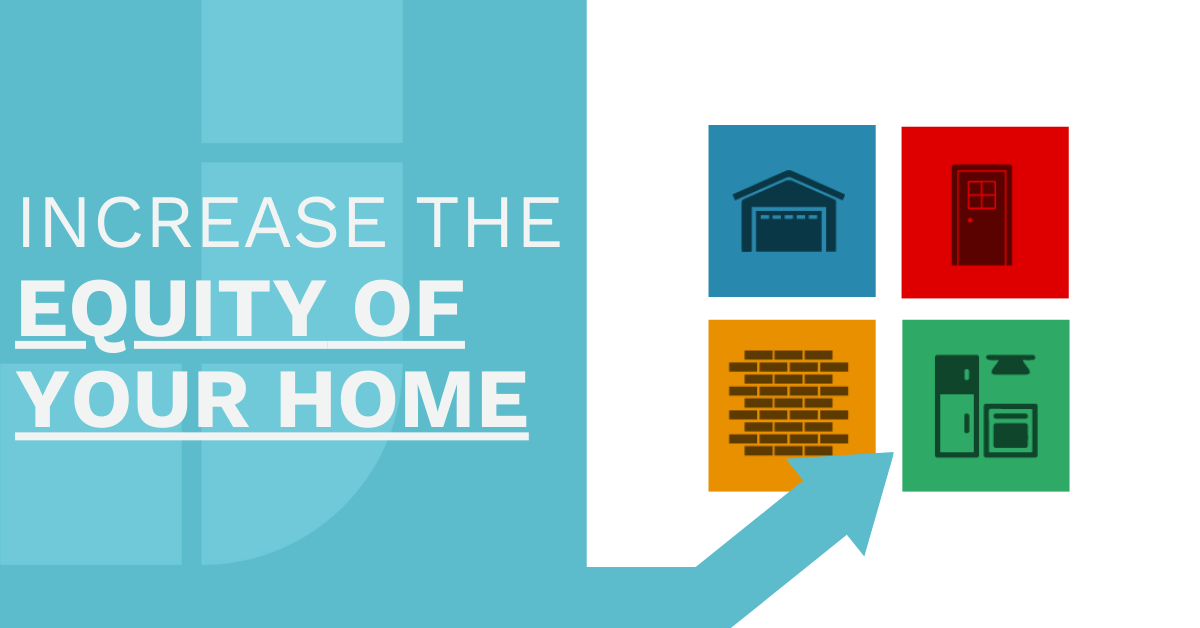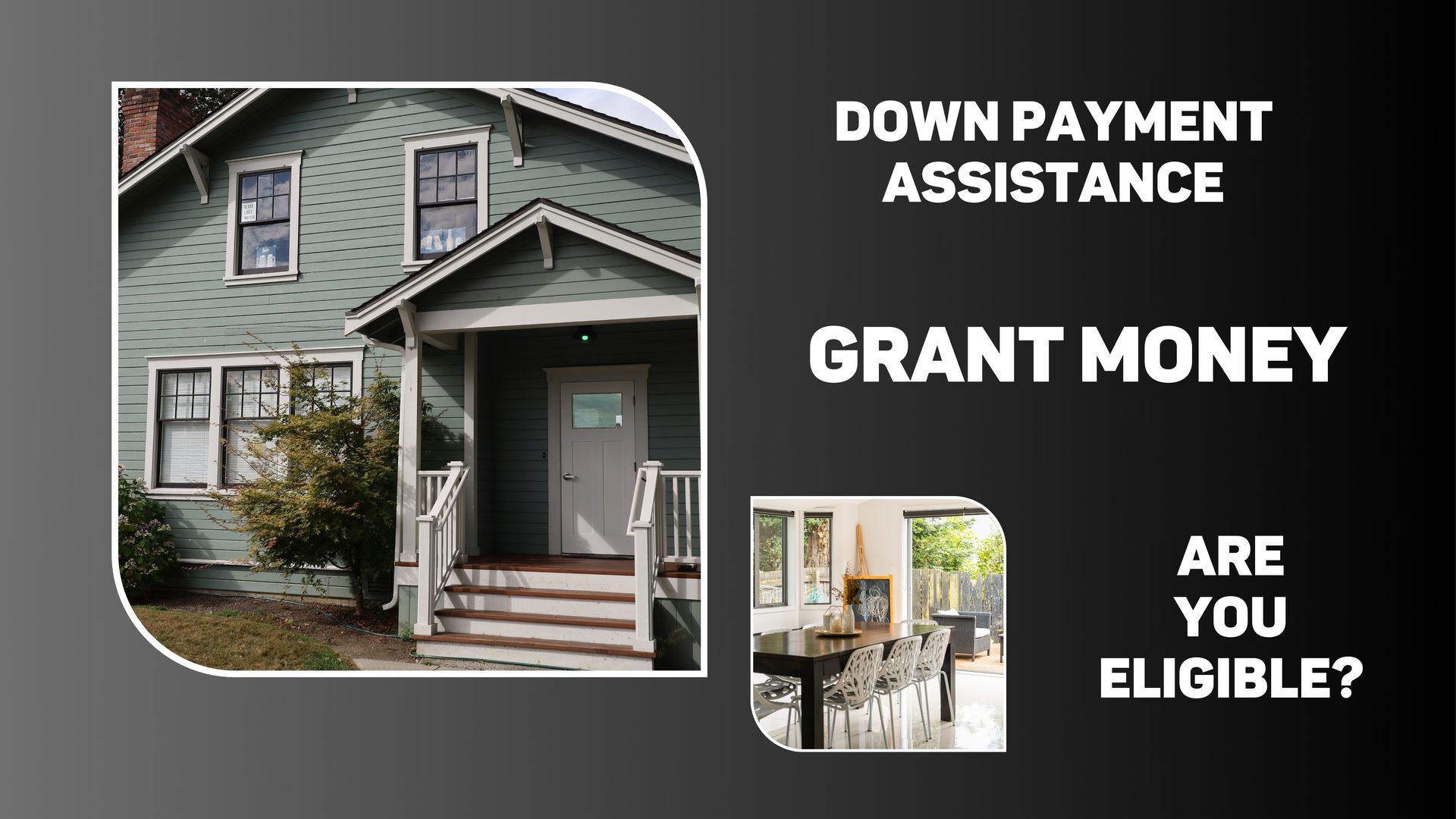
Buy Now or Rent Longer?
5 Questions to Answer Before Purchasing Your First Home
Deciding whether to jump into the housing market or rent instead is rarely an easy decision – especially if you’re a first-time homebuyer. But in today’s whirlwind market, you may find it particularly challenging to pinpoint the best time to start exploring homeownership.
A real estate boom during the pandemic pushed home prices to an all-time high.1 Add higher mortgage rates to the mix, and some would-be buyers are wondering if they should wait to see if prices or rates come down.
But is renting a better alternative? Rents have also soared along with inflation – and are likely to continue climbing due to a persistent housing shortage.2 And while homebuyers can lock in a set mortgage payment, renters are at the mercy of these rising costs for the foreseeable future.
So, what's the better choice for you? There’s a lot to consider when it comes to buying versus renting. Luckily, you don’t have to do it alone. Reach out to schedule a free consultation and we'll help walk you through your options. You may also find it helpful to ask yourself the following questions:
- How long do I plan to stay in the home?
You'll get the most financial benefit from a home purchase if you own the property for at least five years.3 If you plan to sell in a shorter period of time, a home purchase may not be the best choice for you.
There are costs associated with buying and selling a home, and it may take time for the property’s value to rise enough to offset those expenditures.
Even though housing markets can shift from one year to the next, you’ll typically find that a home’s value will ride out a market’s ups and downs and appreciate with time.4 The longer you own a property, the more you are likely to benefit from its appreciation.
Once you’ve found a community that you’d like to stay in for several years, then buying over renting can really pay off. You’ll not only benefit from appreciation, but you’ll also build equity as you pay down your mortgage – and you’ll have more security and stability overall.
Also important: If you plan to stay in the home for the life of the mortgage, there will come a time when you no longer have to make those payments. As a result, your housing costs will drop dramatically, while your equity (and net worth) continue to grow.
- Is it a better value to buy or rent in my area?
If you know you plan to stay put for at least five years, you should consider whether buying or renting is the better bargain in your area.
One helpful tool for evaluating your options is a neighborhood’s price-to-rent ratio: just divide the median home price by the median yearly rent price. The higher the price-to-rent ratio is, the more expensive it is to buy compared to rent.5 Keep in mind, though, that this equation provides only a snapshot of where the market stands today. As such, it may not accurately account for the full impact of rising home values and rent increases over the long term.
According to the National Association of Realtors, a typical U.S. homeowner who purchased a single-family existing home 10 years ago would have gained roughly $225,000 in equity — all while maintaining a steady mortgage payment.6
In contrast, someone who chose to rent for the past 10 years would have not only missed out on those equity gains, but they would have also seen U.S. rental prices increase by around 66%.7
So even if renting seems like a better bargain today, buying could be the better long-term financial play.
Ready to compare your options? Then reach out to schedule a free consultation. As local market experts, we can help you interpret the numbers to determine if buying or renting is the better value in your particular neighborhood.
- Can I afford to be a homeowner?
If you determine that buying a home is the better value, you’ll want to evaluate your financial readiness.
Start by examining how much you have in savings. After committing a down payment and closing costs, will you still have enough money left over for ancillary expenses and emergencies? If not, that’s a sign you may be better off waiting until you’ve built a larger rainy-day fund.
Then consider how your monthly budget will be impacted. Remember, your monthly mortgage payment won’t be your only expense going forward. You may also need to factor in property taxes, insurance, association fees, maintenance, and repairs.
Still, you could find that the monthly cost of homeownership is comparable to renting, especially if you make a sizable down payment. Landlords often pass the extra costs of homeowning onto tenants, so it’s not always the cheaper option.
Plus, even though you’ll be in charge of financing your home’s upkeep if you buy, you’ll also be the one who stands to benefit from the fruits of your investment. Every major upgrade, for example, not only makes your home a nicer place to live; it also helps boost your home's market value.
If you want to buy a home but aren’t sure you can afford it, give us a call to discuss your goals and budget. We can give you a realistic assessment of your options and help you determine if your homeownership dreams are within reach.
- Can I qualify for a mortgage?
If you’re prepared to handle the costs of homeownership, you’ll next want to look into how likely you are to get approved for a mortgage.
Every lender will have its own criteria. But, in general, you can expect a creditor to scrutinize your job stability, credit history, and savings to make sure you can handle a monthly mortgage payment.
For example, lenders like to see evidence that your income is stable and predictable. So if you’re self-employed, you may need to provide additional documentation proving that your earnings are dependable. A lender will also compare your monthly debt payments to your income to make sure you aren’t at risk of becoming financially overextended.
In addition, a lender will check your credit report to verify that you have a history of on-time payments and can be trusted to pay your bills. Generally, the higher your credit score, the better your odds of securing a competitive rate.
Whatever your circumstances, it’s always a good idea to get preapproved for a mortgage before you start house hunting. Let us know if you’re interested, and we’ll give you a referral to a loan officer or mortgage broker who can help.
Want to learn more about applying for a mortgage? Reach out to request a copy of our report: “8 Strategies to Secure a Lower Mortgage Rate”
- How would owning a home change my life?
Before you begin the preapproval process, however, it’s important to consider how homeownership would affect your life, aside from the long-term financial gains.
In general, you should be prepared to invest more time and energy in owning a home than you do renting one. There can be a fair amount of upkeep involved, especially if you buy a fixer-upper or overcommit yourself to a lot of DIY projects. If you’ve only lived in an apartment, for example, you could be surprised by the amount of time you spend maintaining a lawn.
On the other hand, you might relish the chance to tinker in your very own garden, make HGTV-inspired improvements, or play with your dog in a big backyard. Or, if you’re more social, you might enjoy hosting family gatherings or attending block parties with other committed homeowners.
The great thing about owning a home is that you can generally do what you want with it – even if that means painting your walls fiesta red one month and eggplant purple the next.
The choice – like the home – is all yours.
HAVE MORE QUESTIONS? WE’VE GOT ANSWERS
The decision to buy or rent a home is among the most consequential you will make in your lifetime. We can make the process easier by helping you compare your options using real-time local market data. So don't hesitate to reach out for a personalized consultation, regardless of where you are in your deliberations. We'd be happy to answer your questions and identify actionable steps you can take now to reach your long-term goals.
The above references an opinion and is for informational purposes only. It is not intended to be financial, legal, or tax advice. Consult the appropriate professionals for advice regarding your individual needs.
Sources:
1. CNN -
https://www.cnn.com/2022/08/11/homes/home-prices-second-quarter/index.html
3. Bankrate -
https://www.bankrate.com/mortgages/5-year-real-estate-rule/
4. Federal Reserve Bank of St. Louis -
https://fred.stlouisfed.org/series/MSPUS
5. National Association of REALTORS - https://www.nar.realtor/blogs/economists-outlook/price-to-rent-ratios-by-state-from-2014-2019
6. National Association of REALTORS -
https://www.nar.realtor/blogs/economists-outlook/single-family-homeowners-typically-accumulated-225K-in-housing-wealth-over-10-years
7. Statista -
https://www.statista.com/statistics/200223/median-apartment-rent-in-the-us-since-1980/




